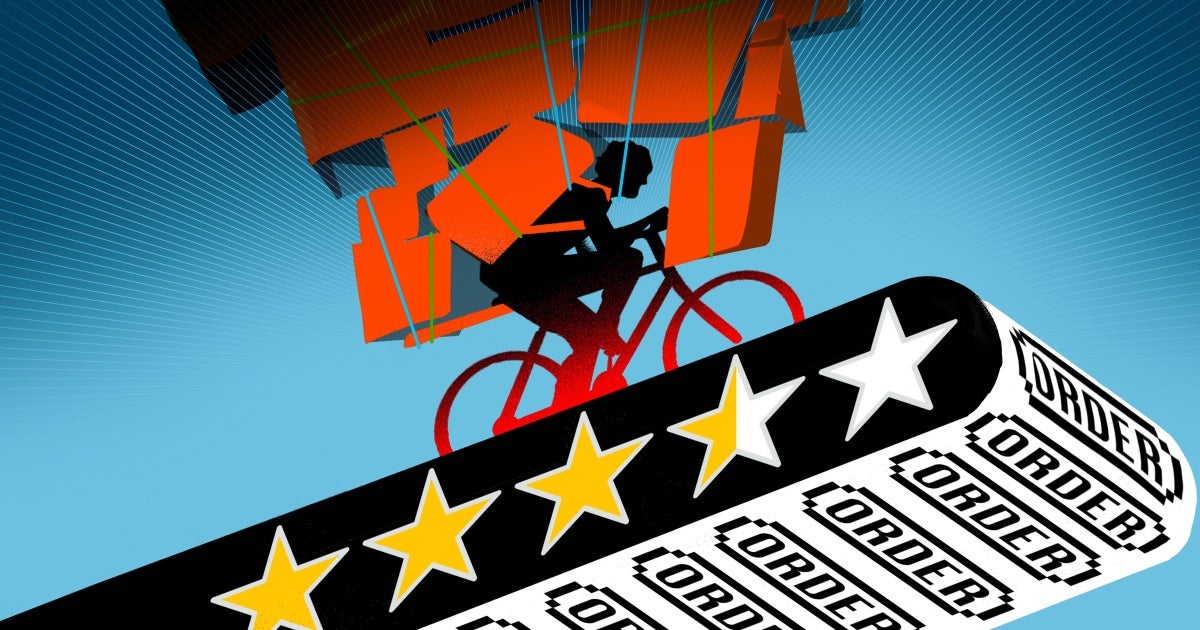Of course. How else would you get all those venture capitalists to invest in them?
The gig economy is nothing new in itself, it was already present, the only thing these companies did is to make them “modern”. Here were not uncommon that people got some gig works to have the money for holidays (teenagers) or to round up salary from time to time.
It is not a problem per se.The problem is that the gig economy is the only way to have a salary for some people, for various reasons.
That let the companies to pay way less because they have a big pool to choose from and have not any obligations (or advantages) to have a stable set of employees and to resort to gig workers only in peak times.
And that is true expecially in place like the US where the llabor laws are ridiculous.
Europe created something called “the platform work directive”, or something along those lines. Basically means that platform jobs (i.e. Uber, Wolt, Just Eat) can no longer operate under a so-called “freelance model”.
Basically, if it looks like you’re hiring employees, you must give them contracts like employees (along with everything that entails).
It’s already been agreed upon, so it’s a matter of implementation. It’s considered a “pillar” of the EU now, so being part of the EU means having the directive. Deadline for the implementation, as I’ve heard from 3F Copenhagen, should be 2026.
I can’t wait.
Whenever these things come up you always hear “then the company won’t survive!”
CEO and managers make bank somehow but it doesn’t matter that the workers can’t live on that wage. It’s always so weird how when workers actually take a pay cut, that the businesses get used to it. When the CEOs get bonuses they have to get used to that too.
This has been said for over a decade. People were either ignoring this or not paying attention.





